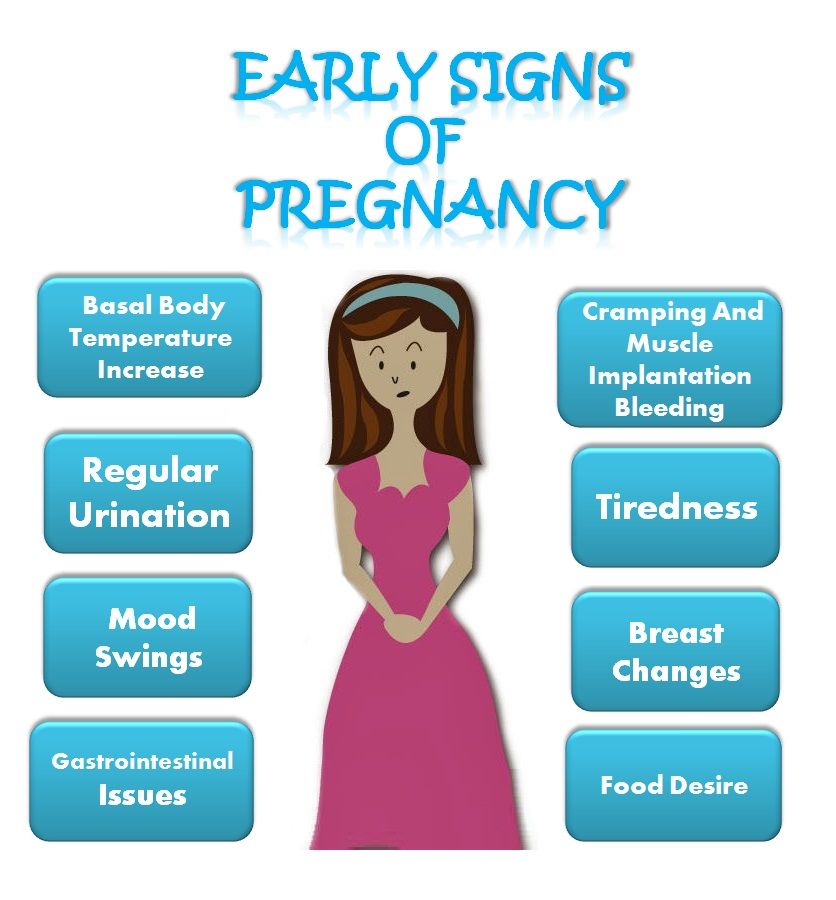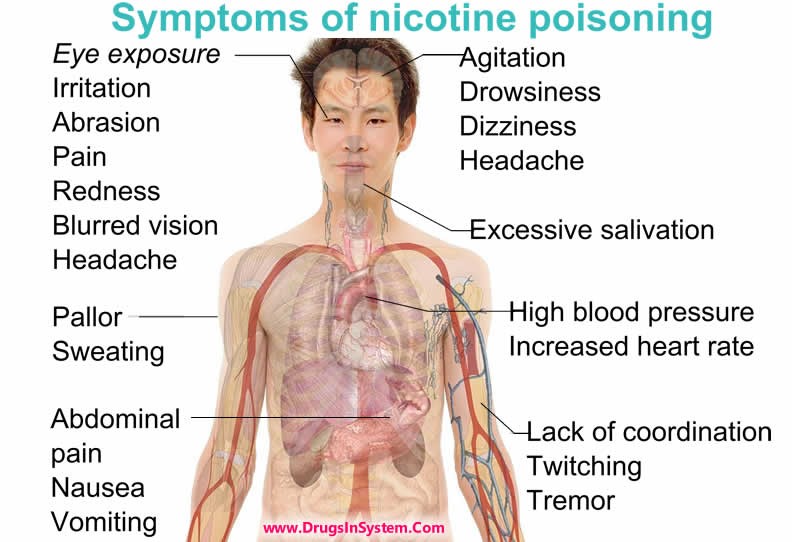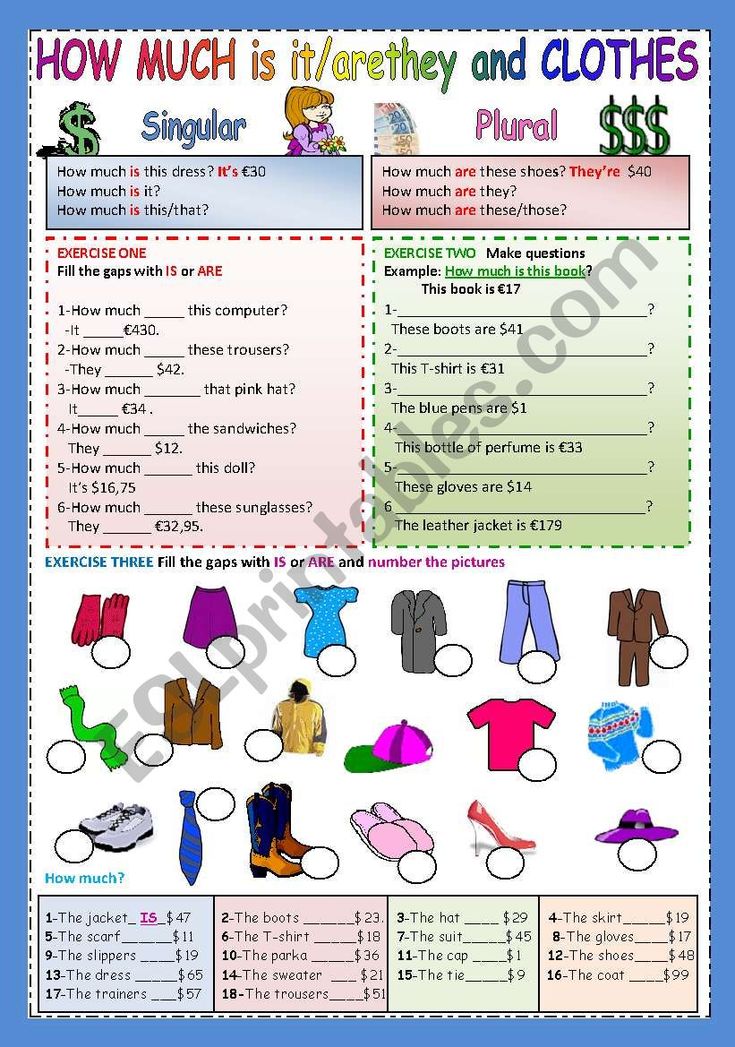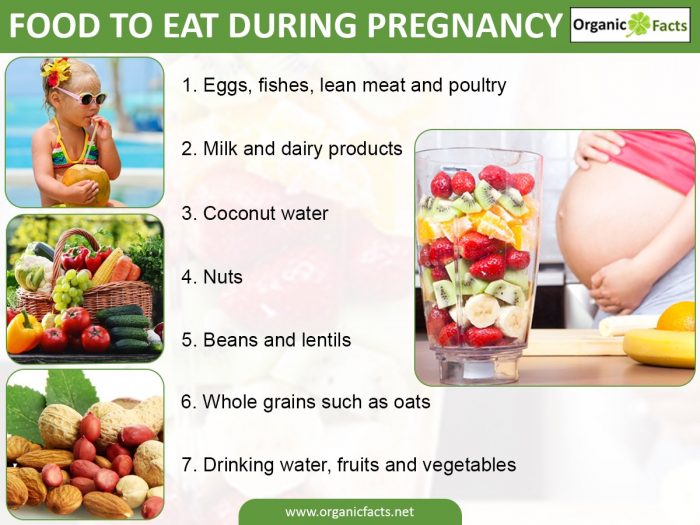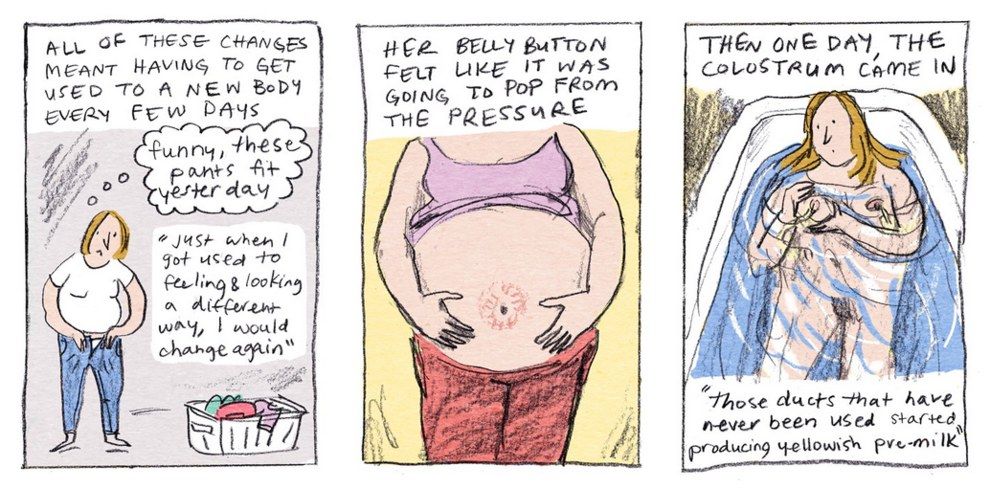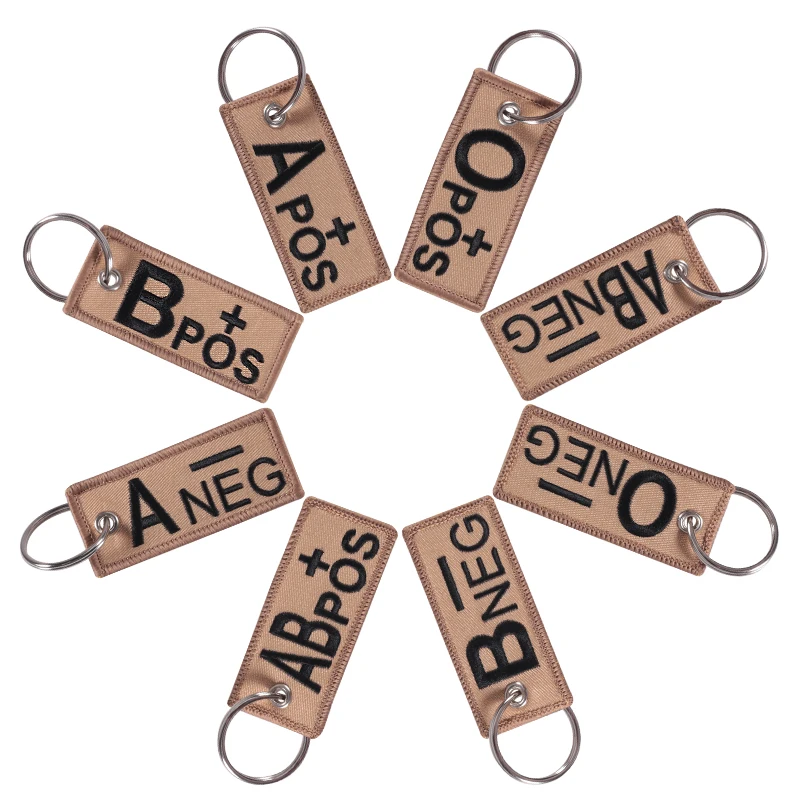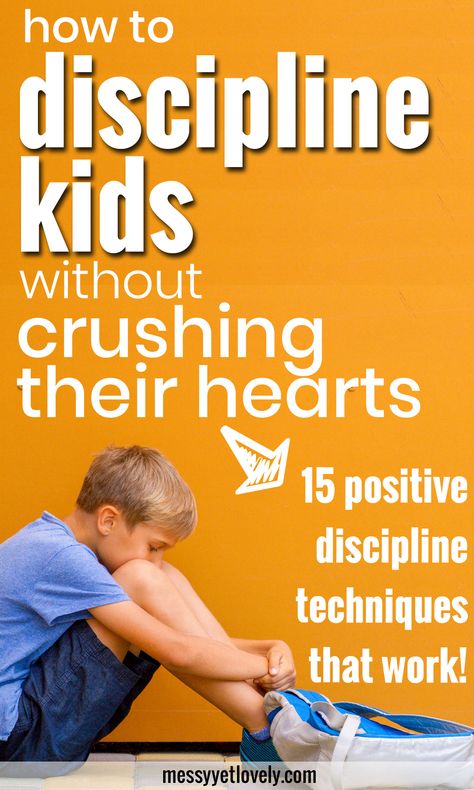What cheese to avoid when pregnant
Foods to avoid when pregnant
Key facts
- When you’re pregnant, avoid eating soft cheeses, unpasteurised milk products and undercooked meat, fish and eggs — these may contain germs that can harm your baby.
- Wash all fruits and vegetables and don’t eat them if they’ve been pre-cut.
- Limit how much fish you eat, especially large fish — they contain mercury, which can be harmful to your baby in high levels.
- Don’t eat leftovers that are more than a day old and make sure they’ve been kept in the fridge and reheated throughout to a high temperature.
- Avoid alcohol when you’re pregnant and limit coffee and tea so you don’t have too much caffeine.
Which foods should I avoid when I’m pregnant?
When you’re pregnant, eating a variety of healthy foods is good for you and your baby. However, there are some foods you should not eat when you're pregnant because they might make you ill or harm your baby. There are also some foods that are safe to eat, but you need to be careful not to have too much of them.
The main foods to avoid include:
- soft cheeses
- undercooked or raw meat, fish and seafood
- pre-prepared or unwashed fruits and vegetables
- soft-serve ice cream
- undercooked or raw eggs
- unpasteurised milk
- alcohol
Foods to limit include:
- caffeine
- fish
- liver
What are the risks of eating these foods?
Each of these foods carry different risks during pregnancy. Some foods could be contaminated with germs — these can cause infections and may be harmful for you or your baby. Other foods contain substances that can harm your baby.
Listeriosis
Listeriosis, caused by the bacteria listeria, is a rare infection that is usually not a problem for healthy people. However, if you’re pregnant it can make you unwell. If your baby becomes infected, it can lead to miscarriage, stillbirth or premature labour.
Foods that could be contaminated with listeria include:
- leftovers and pre-prepared foods
- unwashed or pre-cut fruits and vegetables
- soft cheeses, unpasteurised milk products and soft-serve ice cream
- smoked or raw seafood
- smoked meats, pâté and cold chicken
- rockmelon and raw sprouts
- unpasteurised juice
Toxoplasmosis
Toxoplasmosis, caused by the parasite toxoplasma, is an infection that can affect your baby if you get it for the first time when you’re pregnant.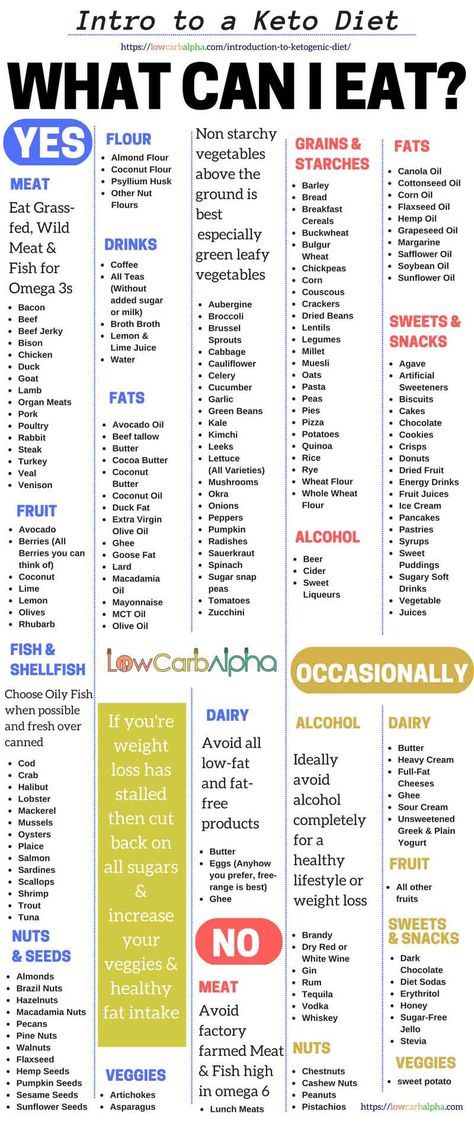 This is rare in Australia, but it’s important to be cautious because it can cause your baby to have brain damage or blindness.
This is rare in Australia, but it’s important to be cautious because it can cause your baby to have brain damage or blindness.
Foods that could be contaminated with toxoplasma include:
- undercooked meat
- unwashed fruits and vegetables
Salmonella
The bacteria salmonella can make you unwell with food poisoning. If you get it when you’re pregnant it can cause miscarriage, but this is rare.
Foods that could be contaminated with salmonella include:
- raw or undercooked eggs and eggs that were cracked during storage
- sesame seeds, hummus and tahini
- undercooked meat and chicken
- sprouts
Mercury
Fish is a healthy and nutritious part of your diet when you’re pregnant, but be aware that fish contains mercury. High levels of mercury can affect your baby’s developing nervous system.
Some types of fish have higher levels of mercury than others. This is usually higher in the larger predatory fish.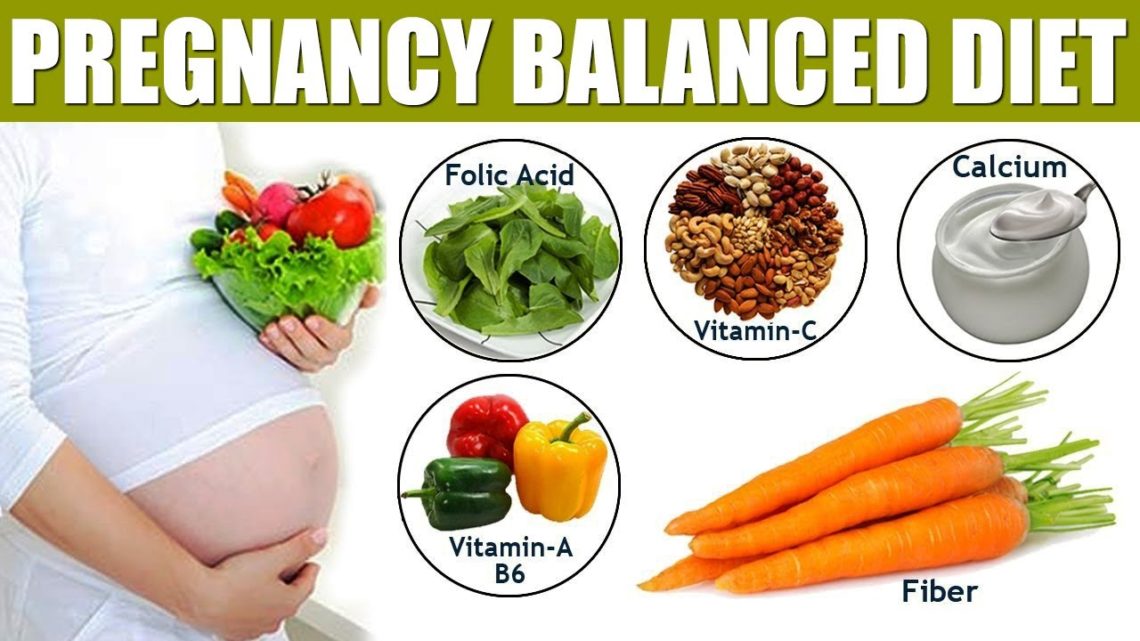 The highest levels are found in shark, marlin, broadbill, swordfish, orange roughy and catfish.
The highest levels are found in shark, marlin, broadbill, swordfish, orange roughy and catfish.
Vitamin A
Too much vitamin A (also called retinol) can harm your baby. Liver contains a lot of vitamin A and should be limited.
Alcohol
If you drink a lot of alcohol during pregnancy, your baby could develop fetal alcohol spectrum disorder. Alcohol can also increase your risk of miscarriage, stillbirth or premature birth.
Caffeine
High levels of caffeine can increase your risk of miscarriage, premature birth and having a baby with a low birth weight. Caffeine is naturally found in lots of foods, such as coffee, tea and chocolate. It is also added to some soft drinks and energy drinks.
How can I make sure the food I eat is safe?
As a general rule, the best foods to eat are freshly and thoroughly cooked or freshly prepared. Take care to always store and prepare food safely. Don’t eat anything that has passed its use-by date.
Here is a guide to eating safely during pregnancy.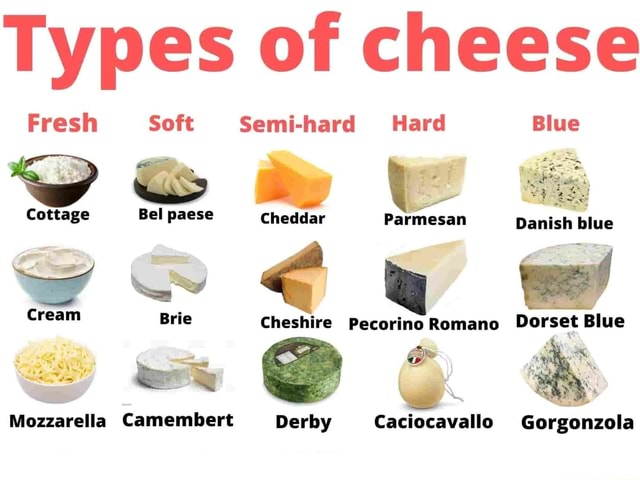
Dairy products
Drink only pasteurised or ultra-heat treated (UHT or long-life) milk. Make sure that you only eat dairy products made from pasteurised milk.
Don't eat mould-ripened soft cheese, such as brie, camembert and chevre (a type of goat's cheese) and others with a similar rind. You should also avoid ricotta, feta, mozzarella, bocconcini and blue-veined cheeses. These may contain listeria, which can get in during the manufacturing process. It’s okay to eat them if they are cooked to at least 75°C and eaten straight away.
It’s fine to eat hard cheeses such as cheddar, parmesan and edam. Hard cheeses are more acidic than soft cheeses, so bacteria are less likely to grow in them.
Many other types of soft cheese are okay to eat, but make sure they're packaged by the manufacturer. They include cottage cheese, cream cheese and processed cheeses such as cheese spreads.
Don't eat soft-serve ice cream. It is stored at a temperature that allows listeria to grow. It’s okay to eat packaged frozen ice cream.
It’s okay to eat packaged frozen ice cream.
Eggs
Make sure eggs are thoroughly cooked until the whites and yolks are solid. This prevents the risk of salmonella food poisoning.
Don’t eat foods that contain raw or undercooked eggs, such as homemade mayonnaise, aioli, mousses, or cake batters. It’s okay to eat commercially-made, non-refrigerated products containing egg, but make sure to store them correctly.
Don’t use dirty eggs, or eggs that were cracked and stored before use.
Meat
Don't eat rare meat. Undercooked meat may contain toxoplasma or salmonella. Cook all meat and poultry thoroughly so it is steaming hot and there is no trace of pink. Take care with pork, sausages and minced meat, including burgers.
Wash all surfaces and utensils thoroughly after preparing raw meat. Use a separate chopping board and knife. It's also important to remember to wash your hands after touching or handling raw meat.
Avoid cold cured meats, such as salami, ham, chorizo and pepperoni.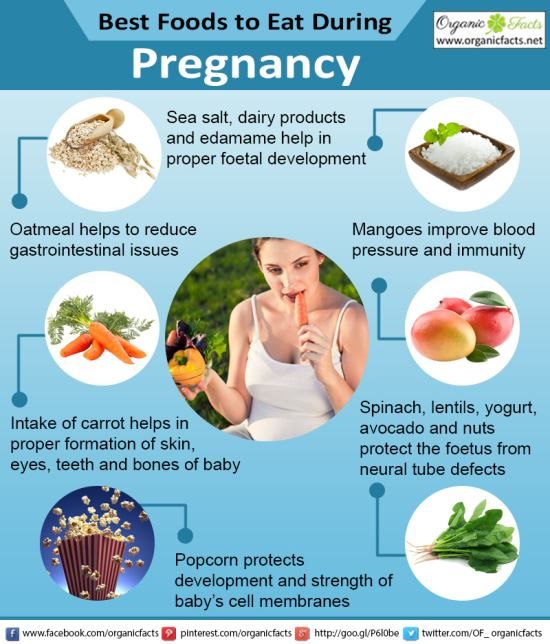 It’s okay to eat them if they are cooked to at least 75°C and eaten straight away.
It’s okay to eat them if they are cooked to at least 75°C and eaten straight away.
Don’t eat cold meats from delicatessen counters and sandwich bars, packaged sliced ready-to-eat meats or cold cooked ready-to-eat chicken. Avoid all types of pâté. These may contain listeria. Hot take-away chicken is fine if you eat it straight away.
Limit your intake of liver or liver products, such as liver pâté or liver sausage — don’t eat more than 50 grams per week, as they contain a lot of vitamin A.
Fish and seafood
Fish contains protein and essential omega-3 fatty acids, so it is recommended in pregnancy. However, it’s important to limit your intake of fish with higher levels of mercury.
You can do this by following these guidelines (keep in mind that a serving is 150 grams):
- Shark (also called flake), broadbill, marlin and swordfish should be eaten no more than once every 2 weeks. Don’t eat any other fish during that 2 week period.
- Orange roughy (also called deep sea perch) and catfish should be eaten no more than once a week.
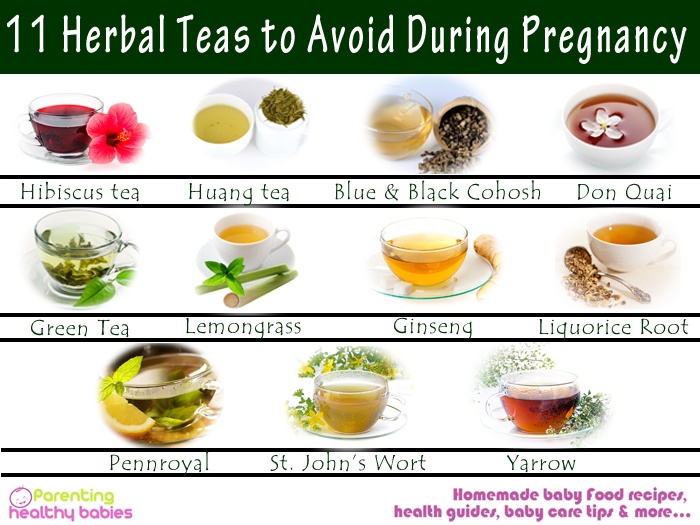 Don’t eat any other fish during that week.
Don’t eat any other fish during that week. - Any other fish or seafood should be eaten no more than 2 to 3 times a week.
Freshly cooked fish and seafood are safe to eat within these guidelines. Make sure to cook them to at least 63°C and eat them straight away.
Don’t eat raw or chilled fish or seafood. This includes raw oysters, sashimi and sushi, smoked ready-to-eat seafood and cooked ready-to-eat chilled prawns. These have a higher risk of listeria contamination.
The safest way to enjoy sushi is to make your own. Choose fully cooked or vegetarian varieties. Avoid buying sushi.
Fruit and vegetables
Avoid pre-prepared or pre-packaged fruit or vegetable salads, including those from buffets and salad bars. They are at risk of listeria contamination.
Don’t eat rockmelon or any type of sprouts, as they may contain listeria or salmonella.
Wash fruit, vegetables and herbs to remove all traces of soil and dirt. Toxoplasma can sometimes be found in soil.
Sesame seeds may contain salmonella, so it’s best to avoid all sesame products, such as hummus, tahini and halva.
Can I drink alcohol during pregnancy?
There is no known safe level of alcohol that you can have during your pregnancy. Whether you are planning a pregnancy, already pregnant or breastfeeding, not drinking is the safest option as alcohol can harm your unborn baby.
Can I have caffeine during pregnancy?
You don’t need to cut out caffeine completely, but don’t have more than 200mg a day. The approximate amounts of caffeine found in food and drinks are:
- 1 teaspoon of instant coffee: 80mg
- 1 shot of espresso coffee: 145mg
- 1 cup of tea: 50mg
- 375ml can of cola: 36.4mg
- 250ml can of energy drink: 80mg
- 100g bar of milk chocolate: 20mg
To cut down on caffeine, try decaffeinated tea and coffee, fruit juice or mineral water instead of regular tea, coffee and cola.
Energy drinks are not recommended during pregnancy as they may contain high levels of caffeine or guarana (which also contains caffeine).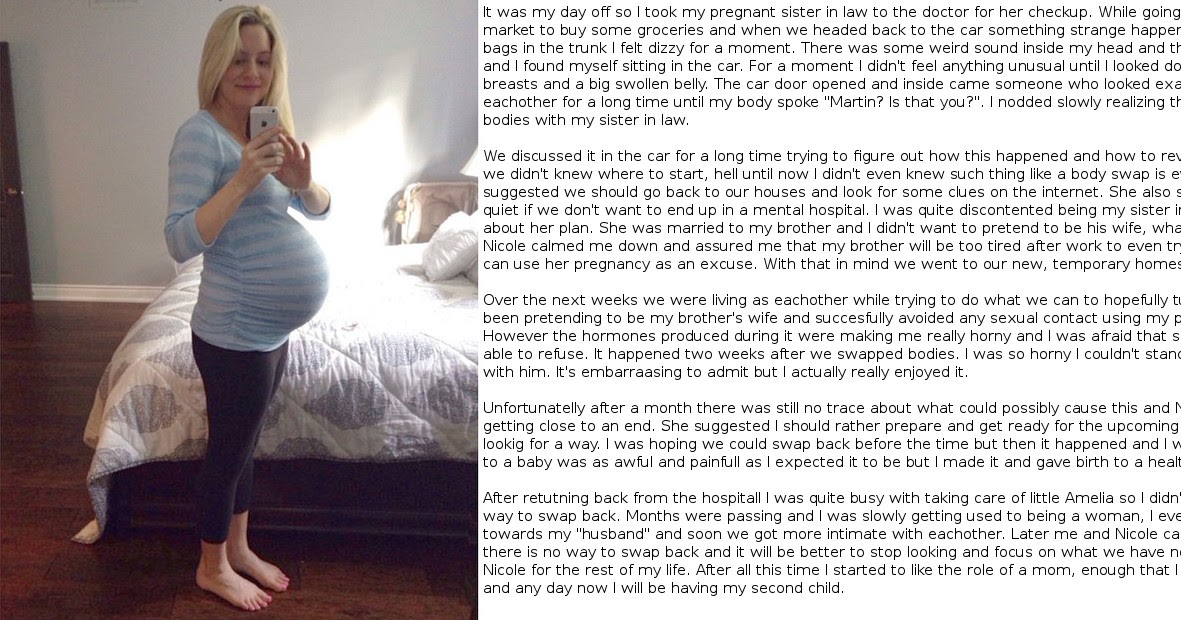
Can I eat leftovers during pregnancy?
Be cautious with leftover food, as it can become contaminated with listeria. If you want to eat leftovers, put them straight in the fridge in a covered container. Don’t keep them for more than a day and reheat them to at least 60°C.
Can I eat foods that my baby might be allergic to?
It’s fine to eat peanuts or food containing peanuts (such as peanut butter) during pregnancy, unless you are allergic to them. It’s also fine to eat other foods considered to be highly allergenic. Cutting these foods out of your diet during pregnancy is not recommended, as this has not been shown to prevent allergies in your baby.
Resources and support
Check out our handy guide to food and drink during pregnancy (infographic) that you can print off to stick on your fridge or keep in your bag.
Look at this quick reference table by the NSW Government Food Authority, to work out what’s safe to eat and what needs special precautions.
Visit Food Standards Australia New Zealand for more information about mercury in fish and listeria.
Speak to a maternal child health nurse
Call Pregnancy, Birth and Baby to speak to a maternal child health nurse on 1800 882 436 or video call. Available 7am to midnight (AET), 7 days a week.
Learn more here about the development and quality assurance of healthdirect content.
Foods to avoid in pregnancy
Most foods and drinks are safe to have during pregnancy. But there are some things you should be careful with or avoid.
Cheese, milk and other dairyWhat you can eat
- pasteurised or unpasteurised hard cheeses, such as cheddar, Gruyere and parmesan
- pasteurised semi-hard cheeses, such as Edam and Stilton
- pasteurised soft cheeses, such as cottage cheese, mozzarella, feta, cream cheese, paneer, ricotta, halloumi, goats' cheese without a white coating on the outside (rind) and processed cheese spreads
- soft or blue cheese (pasteurised or unpasteurised) that has been cooked until steaming hot
- pasteurised milk, yoghurt, cream and ice cream
What to avoid
- any other foods made from unpasteurised milk, such as soft ripened goats' cheese
- pasteurised or unpasteurised mould-ripened soft cheeses with a white coating on the outside, such as Brie, Camembert and chèvre (unless cooked until steaming hot)
- pasteurised or unpasteurised soft blue cheeses, such as Danish blue, Gorgonzola and Roquefort (unless cooked until steaming hot)
- unpasteurised cows' milk, goats' milk, sheep's milk or cream
Why
There's a small chance that unpasteurised or soft ripened dairy products may contain Listeria bacteria. This can cause an infection called listeriosis.
This can cause an infection called listeriosis.
Listeriosis can lead to miscarriage or stillbirth, or make your newborn baby very unwell.
Soft cheeses with a white coating on the outside have more moisture. This can make it easier for bacteria to grow.
Cooking cheese until it's steaming hot kills bacteria, reducing the risk of listeriosis.
Meat and poultryWhat you can eat
- meats such as chicken, pork and beef, as long as they're well-cooked with no trace of pink or blood; be especially careful with poultry, pork, sausages and burgers
- cold, pre-packed meats such as ham and corned beef
What to be careful with
- cold cured meats, such as salami, pepperoni, chorizo and prosciutto (unless cooked thoroughly)
What to avoid
- raw or undercooked meat
- liver and liver products
- all types of pâté, including vegetarian pâté
- game meats such as goose, partridge or pheasant
Why
There's a small risk of getting toxoplasmosis if you eat raw and undercooked meat, which can cause miscarriage.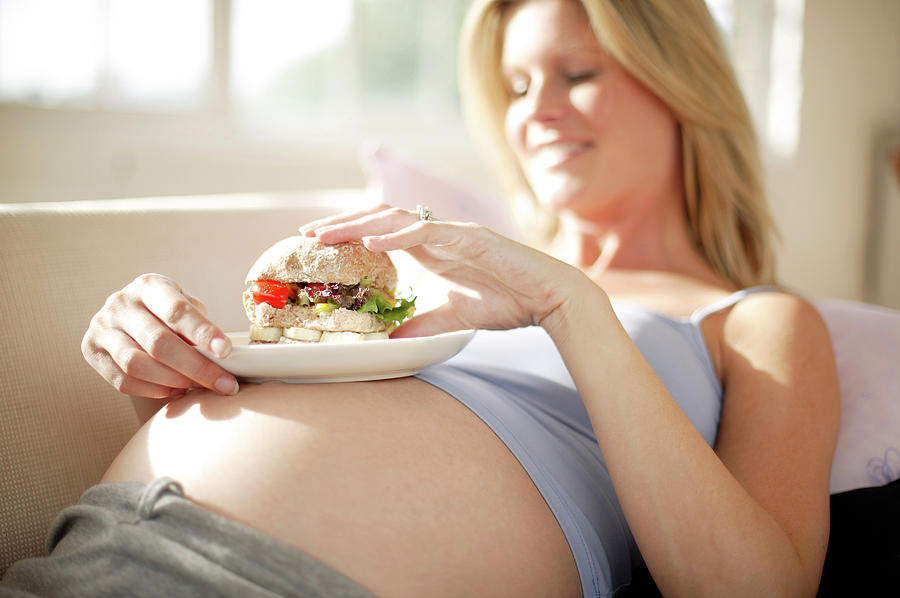
Cured meats are not cooked, so they may have parasites in them that cause toxoplasmosis.
Liver and liver products have lots of vitamin A in them. This can be harmful to an unborn baby.
Game meats may contain lead shot.
EggsWhat you can eat
- raw, partially cooked and fully cooked British Lion hen eggs (they have a lion stamp on them) and hen eggs produced under the Laid in Britain scheme
- foods made with raw hen egg, such as mousse and mayonnaise, if made with British Lion eggs or hen eggs produced under the Laid in Britain scheme
- well cooked eggs (white and yolk) from any hen eggs that are not British Lion eggs or produced under the Laid in Britain scheme
- well cooked eggs (white and yolk) of all other eggs, including duck, goose or quail
What to avoid
- raw or partially cooked hen eggs that are not British Lion or produced under the Laid in Britain scheme
- raw or partially cooked duck, goose or quail eggs
Why
British Lion hen eggs and hen eggs produced under the Laid in Britain scheme are less likely to have salmonella in them.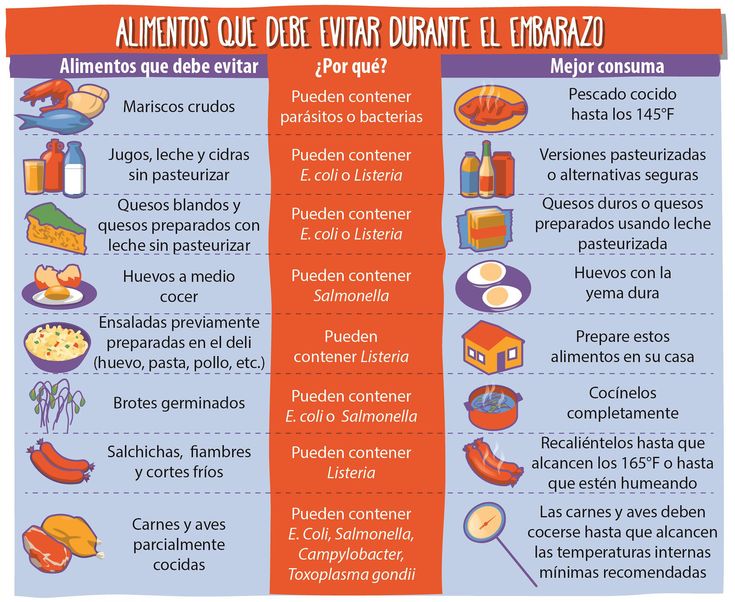
Salmonella is unlikely to harm your unborn baby, but you could get food poisoning.
You should cook all eggs thoroughly, unless they are British Lion hen eggs or hen eggs produced under the Laid in Britain scheme.
FishWhat you can eat
- cooked fish and seafood
- sushi, as long as the fish has been cooked thoroughly
- cooked shellfish, such as mussels, lobster, crab, prawns, scallops and clams
- cold pre-cooked prawns
What to be careful with
- smoked fish, such as smoked salmon and trout
Important: Smoked fish and listeria
Due to a listeria outbreak linked to smoked fish, people at higher risk of serious infection (including people who are pregnant) should only eat smoked fish products that have been thoroughly cooked.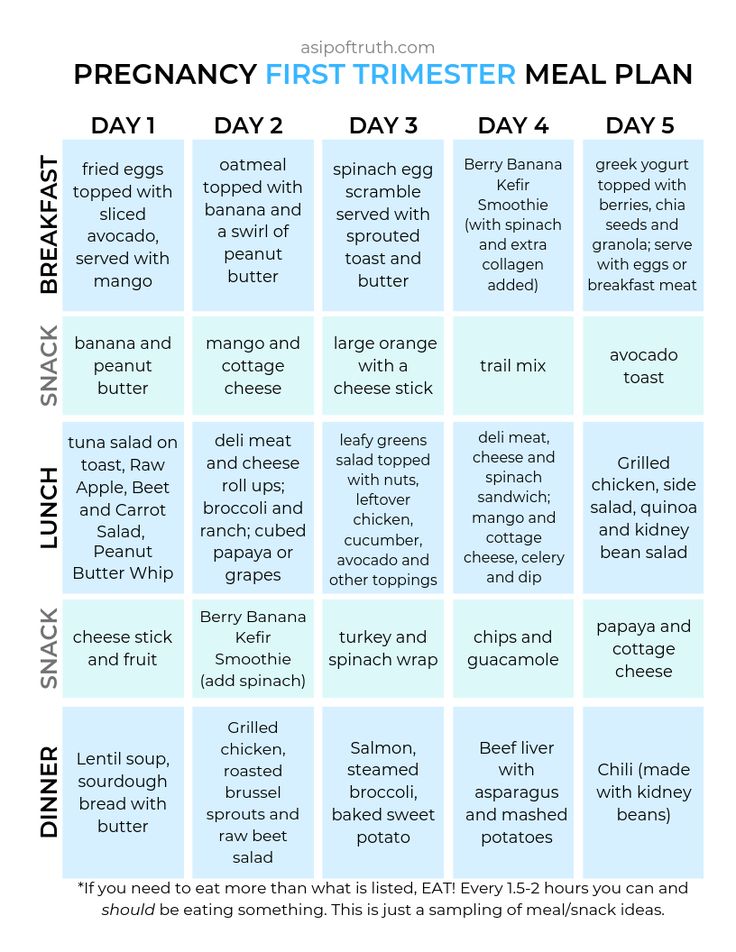
When cooking smoked fish products at home, make sure they are steaming hot all the way through.
Find out more about the listeria outbreak in smoked fish from the Food Standards Agency
What to limit
- you should eat no more than 2 portions of oily fish a week, such as salmon, trout, mackerel or herring
- you should eat no more than 2 tuna steaks (about 140g cooked or 170g raw) or 4 medium-size cans of tuna (about 140g when drained) per week
Information:
Tuna does not count as an oily fish
You can have 2 tuna steaks, or 4 medium-size cans of fish, as well as 2 portions of oily fish.
What to avoid
- swordfish
- marlin
- shark
- raw shellfish
Why
You should limit tuna because it has more mercury in it than other fish.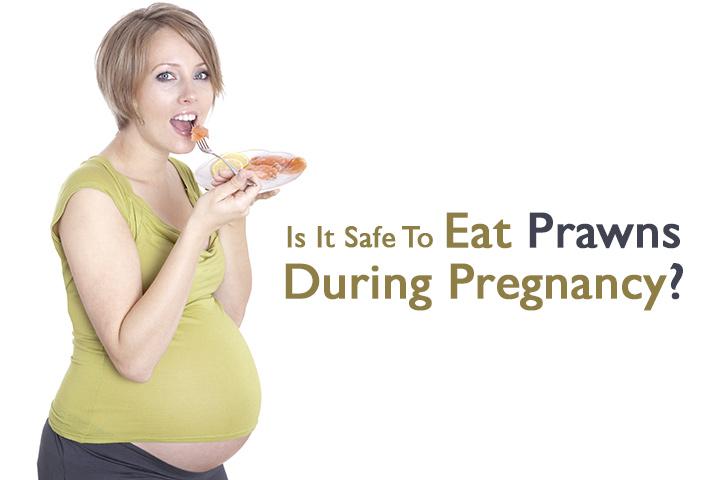 If you eat too much mercury, it can be harmful to your unborn baby.
If you eat too much mercury, it can be harmful to your unborn baby.
You should limit oily fish because they can have pollutants such as dioxins and polychlorinated biphenyls in them. If you eat too much of these, they can be harmful to your unborn baby.
You should avoid raw shellfish because they can have harmful bacteria, viruses or toxins in them. These can make you unwell and give you food poisoning.
Other foods and drinksCaffeine
You can have caffeine, but no more than 200mg per day.
There is:
- 100mg in a mug of instant coffee
- 140mg in a mug of filter coffee
- 75mg in a mug of tea (green tea can have the same amount of caffeine as regular tea)
- 40mg in a can of cola
- 80mg in a 250ml can of energy drink
- less than 25mg in a 50g bar of plain dark chocolate
- less than 10mg in a 50g bar of plain milk chocolate
Alcohol
Drinking alcohol in pregnancy can lead to long-term harm to your baby.:max_bytes(150000):strip_icc()/what-can-i-eat-if-i-have-a-peptic-ulcer-1742154-01-ec37a34d14c44195999f8d44372f820b.png?resize=1060%2C707&ssl=1)
If you're pregnant or planning to get pregnant, the safest approach is to not drink alcohol at all.
This keeps risks to your baby to a minimum.
Herbal teas
You should drink no more than 4 cups of herbal tea a day.
Liquorice
Liquorice is safe to eat. But you should avoid liquorice root.
Fruits, vegetables and salads
Be careful with fruits, vegetables and salads as they can have soil on them, which can make you unwell.
Make sure to thoroughly wash all fruits, vegetables and salad ingredients.
Peanuts
You do not need to avoid eating peanuts when you're pregnant.
Only avoid eating peanuts if you're advised to by a healthcare professional or if you have a nut allergy.
Vitamins
Do not take high-dose multivitamin supplements, or any supplements with vitamin A in them.
Urgent advice: Call 111 if:
- you feel unwell after eating one of the foods to avoid
- you have signs of listeriosis or toxoplasmosis infection
Try not to worry if you've eaten one of the foods to avoid.
Get Start4Life pregnancy and baby emails
Sign up for Start4Life's weekly emails for expert advice, videos and tips on pregnancy, birth and beyond.
Page last reviewed: 16 April 2020
Next review due: 16 April 2023
the whole truth about the fermented milk product
Pregnant women try to monitor their diet and include healthy foods containing a variety of vitamins and trace elements in their diet.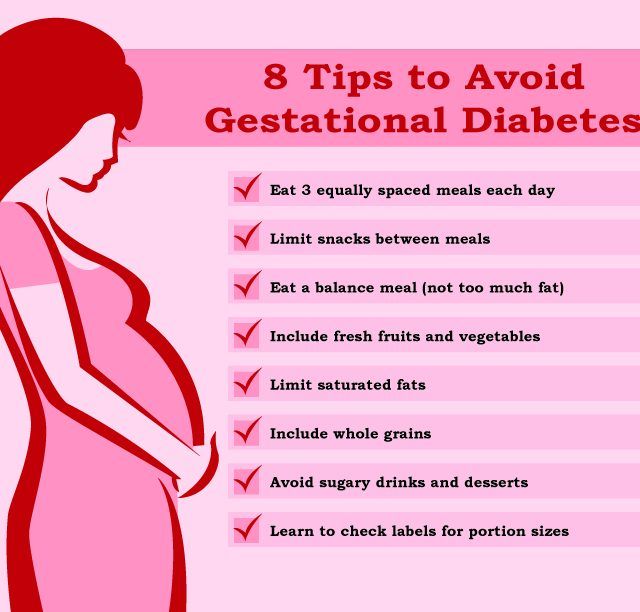 Cheese is one such product. However, future mothers do not even realize that some types of cheese should not be eaten during pregnancy.
Cheese is one such product. However, future mothers do not even realize that some types of cheese should not be eaten during pregnancy.
legion-media
Fermented milk products, which include cheese, are a source of calcium and protein, which is so necessary for mother and child during pregnancy. However, you need to be careful with some types of cheese.
Contents of the article
Do not self-medicate! In our articles, we collect the latest scientific data and the opinions of authoritative health experts. But remember: only a doctor can diagnose and prescribe treatment.
Can pregnant women eat cheese?
Most cheeses can be eaten during pregnancy. Hard cheeses such as cheddar and parmesan, as well as soft pasteurized cheeses, are safe in moderation.
Pasteurization is the heating of milk to a certain temperature to kill potentially harmful bacteria.
Cheese is a good source of calcium and protein, which strengthen bones and promote healthy growth of the baby in the womb.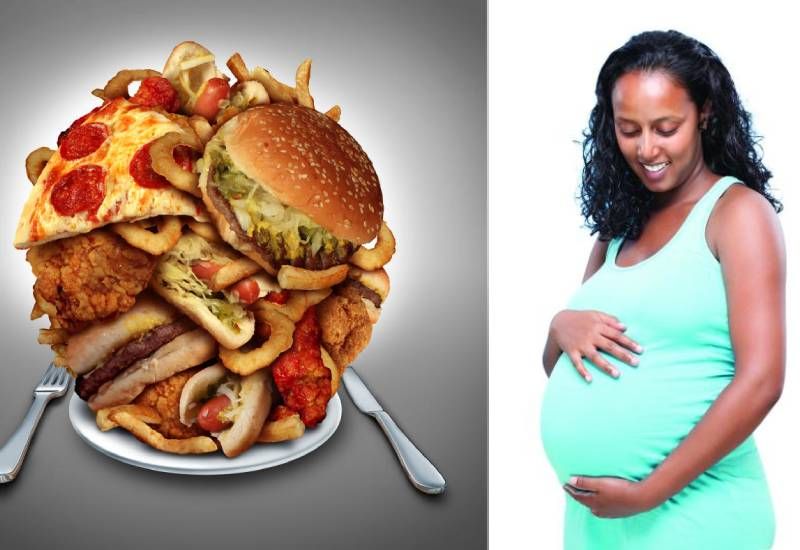
A slice of cheese, along with whole grain crackers (or other complex carbohydrates), can help eliminate nausea, increase energy levels and mood, avoid headaches, and improve sleep.
However, you need to know the measure. Because cheese is also high in sodium and saturated fat. One serving of cheese should be 100 grams - about the size of a thumb.
Doctors recommend that pregnant women consume a total of three servings of dairy products per day, preferably low fat, which include milk, yogurt, cottage cheese in addition to cheese.
ADVERTISING - CONTINUED BELOW
Benefits of cheese for pregnant women
Each type of cheese has its own unique composition. Different varieties of this fermented milk product differ in the percentage of fat content and the content of nutrients.
Useful qualities common to most types of cheese:
- high protein content, which is an integral part of blood, lymph, and also participates in the formation of embryonic tissues;
- the ability to increase appetite, which is especially important in cases of toxicosis in pregnant women;
- saturation with B vitamins, which are responsible for the proper growth of the fetus, improve metabolic processes, increase the energy reserves of the body;
- high content of calcium, which strengthens bones, improves the condition of the skin, nails and hair;
- low lactose, which is not well tolerated by many people;
- beneficial effect on brain activity;
- the ability to normalize blood pressure and have a sedative effect.

Cheeses such as Poshekhonsky and Hollandsky have a high energy value, so they are best consumed during breakfast.
Cheese made from yak milk contains folic acid, the most important element in the formation of all systems and organs of the baby, which reduces the risk of neural tube defects.
Adyghe cheese has a low fat content, so it is often recommended for pregnant women who are prone to gaining excess weight.
Fatty varieties can be included in the menu during pregnancy, but they have a low content of vitamins E and D. These vitamins are very important for the proper development of the baby in the womb, they are involved in the formation of his skeletal system, prevent the development of intrauterine anomalies, and also reduce the risk of premature births and miscarriages.
Which cheese is best for pregnancy?
1. Hard cheese such as cheddar, russian, parmesan, maasdam, gouda, edam and cheddar are the safest choice during pregnancy.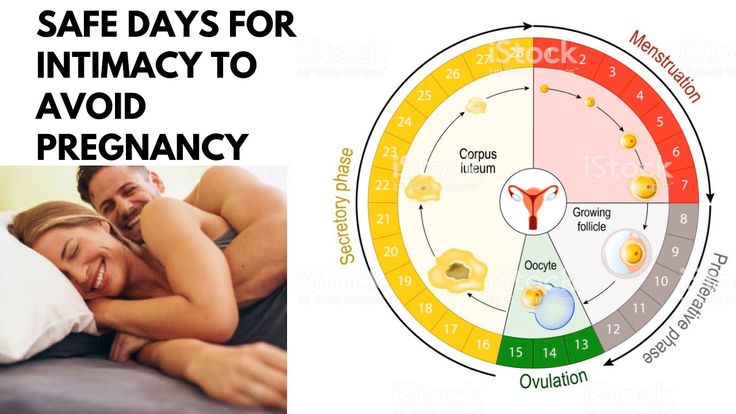
Hard cheese contains less moisture than soft cheese, making it less likely to grow potentially harmful bacteria, even if made from unpasteurized milk.
2. Pasteurized soft cheese during pregnancy is another win-win option.
Almost all cheeses sold in the retail chain are pasteurized by default. You can come across unpasteurized cheese at the farmers' market or buy imported cheese at the grocery store.
During pregnancy, it is better to buy cheeses with labels that are produced in factories inspected by Rospotrebnadzor.
Safe soft cheeses (if pasteurized) are: creamy, cottage cheese, feta, Adyghe, mascarpone and philadelphia.
3. It is safe to eat any cheese that has been heated to steam, such as on pizza. Since Listeria grows at low temperatures, and dies at high temperatures.
Cheese to avoid during pregnancy
It is recommended to avoid unpasteurized soft cheese during pregnancy. This product may contain listeria bacteria, which cause listeriosis, a dangerous disease for pregnant women.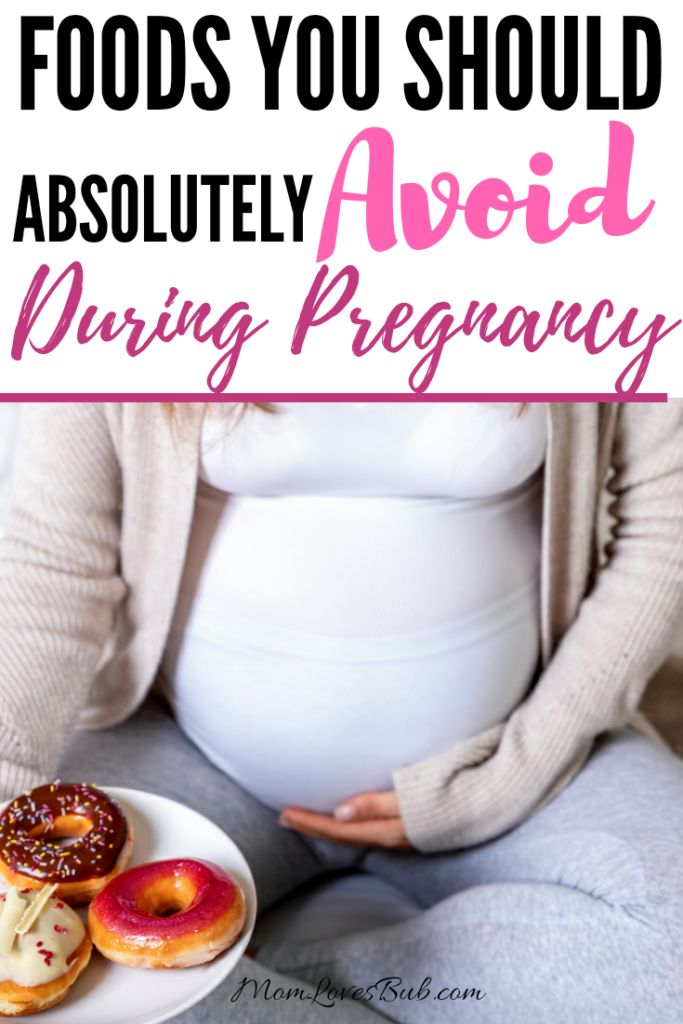
When Listeria penetrates the placenta into the amniotic fluid, the embryo becomes infected. His death can occur both in the womb and immediately after birth.
The mother, being a carrier of the disease, can infect the baby during childbirth. Among the signs of the disease that can occur in a woman, nausea, chills, and muscle pain can be distinguished.
Most commonly, Listeria is found in soft varieties and gourmet favorite blue cheeses. To protect herself and her baby from this dangerous bacterium, a woman should not include cheese products made from milk that has not undergone pasteurization in her diet.
Pregnant women are 10 times more likely to develop listeriosis than the general population. This infection can be transmitted to the unborn child and cause miscarriage, stillbirth, premature birth, or death of the newborn.
The following types of cheese should be avoided by the expectant mother:
- brie;
- danablu, savoy, dor blue, roquefort, cambonzola and others molded;
- shabishu;
- camembert;
- cheeses made from goat's and sheep's milk, not pasteurized.
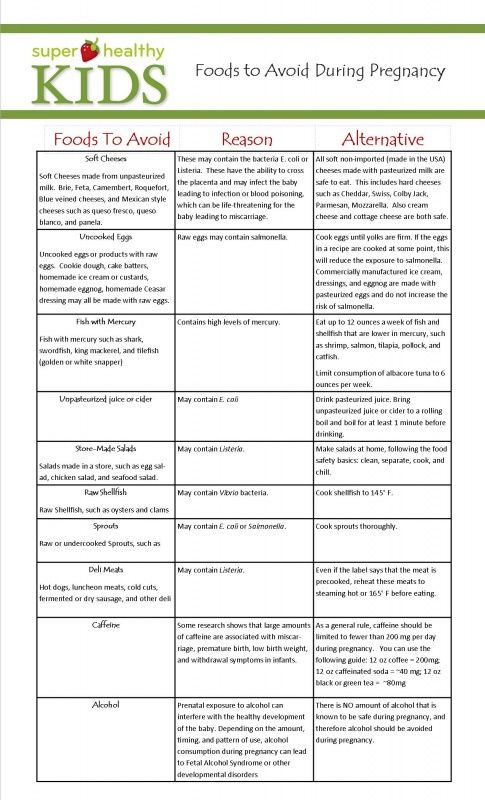
Pasteurized cheese can also be contaminated with Listeria if produced in unsanitary conditions.
Processed cheeses are also not recommended for pregnant women, as they contain a lot of salt and have a high percentage of fat.
Due to the high salt content, doctors do not advise the expectant mother to consume the suluguni variety, as well as smoked sausage cheeses and other cheese products, which often contain preservatives and dyes.
Mozzarella and other pickled cheeses should not be eaten in large quantities.
If you are not sure if soft cheese is pasteurized, stop eating it.
youtube
Click and watch
Do you like blue cheese?
Is it possible to eat cheese during pregnancy?
Cheese is a tasty and healthy product, beloved by many. That is why the statement of some doctors that any cheese is strictly forbidden to women during pregnancy can seriously spoil the mood. However, you should not despair - if you dig deeper, it turns out that everything is not so categorical.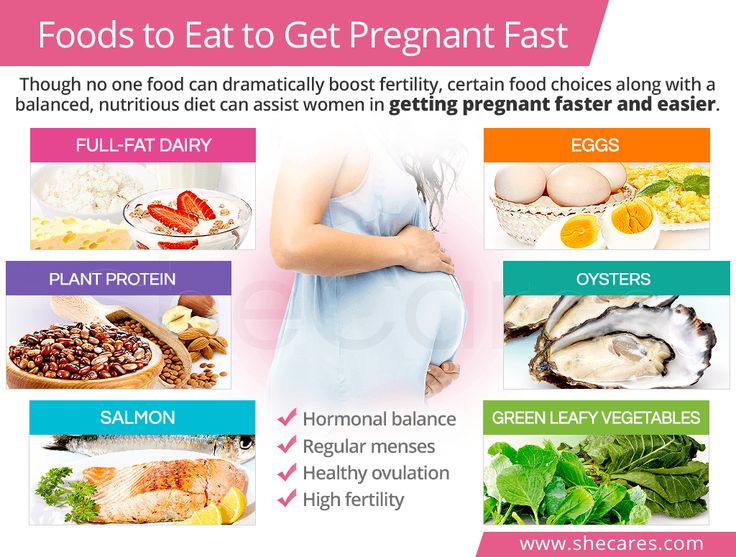 Below we will understand what are the benefits and harms of cheeses for pregnant women.
Below we will understand what are the benefits and harms of cheeses for pregnant women.
Which cheeses should be avoided during pregnancy? These are unpasteurized cheeses, which may contain Listeria monocyotogenes, the bacterium that causes listeriosis. Acute infectious disease is severe and is accompanied by chills, high fever, muscle pain, nausea and vomiting. Such a severe clinical picture can lead to a miscarriage or the development of severe pathologies in the fetus - given this, it is necessary to be extremely selective in choosing cheeses during childbearing.
The infectious bacterium lives in unpasteurized cheeses made from sheep's and goat's milk that have not undergone heat treatment. We are talking about soft types of cheese and varieties with mold: dor blue, brie, camembert, cambonzola, etc. Also at risk are cheeses with blue mold: Roquefort, Gorgonzola, Savoy cheese. Such products contain a lot of liquid and little acid, which is the most favorable environment for the development of Listeria monocyotogenes.
Why mold is harmful when carrying a child
In addition to the risk of getting sick with listeriosis, eating delicious marbled cheeses, you run the risk of experiencing all the delights of the impact on the body of "noble" mold. So, valuable blue mold, which gives cheeses such a refined taste, endows the product with a number of side qualities. Being a pure antibiotic, mold kills the beneficial microflora that inhabits the body, which can cause intestinal dysbacteriosis and disrupt the digestive tract.
An imbalance of water and lactic acid in moldy foods can lead to the growth of fungus in the body, which is also highly undesirable for a pregnant woman who is already in a vulnerable state. Given the foregoing, doctors strongly recommend abandoning "live" cheeses for the period of bearing a child.
Which cheeses are safe for pregnant women? Under the influence of high temperature and careful processing, pathogenic bacteria die, making the cheese not only tasty, but also safe.
 Such cheeses include: gouda, maasdam, parmesan, cheddar, Poshekhonsky, etc. - all of them will not harm a pregnant woman, since the environment favorable for the life of bacteria is destroyed during high temperature processing. Eating hard cheeses, you will get the whole range of nutrients, saturate the body with calcium and, in addition, diversify your diet with a delicious product.
Such cheeses include: gouda, maasdam, parmesan, cheddar, Poshekhonsky, etc. - all of them will not harm a pregnant woman, since the environment favorable for the life of bacteria is destroyed during high temperature processing. Eating hard cheeses, you will get the whole range of nutrients, saturate the body with calcium and, in addition, diversify your diet with a delicious product. There is also good news for lovers of soft cheeses: there are varieties that pregnant women can safely include in their diet. These include delicious varieties such as feta, philadelphia, mascarpone, cottage cheese, goat cheese without rind (pasteurized), processed cheese, etc. The technology for the production of such cheeses involves heat treatment, during which bacteria die. With soft cheeses, you can create various dishes, including delicious and healthy desserts - what could be better for a pregnant woman!
When to start eating moldy soft cheeses
After your baby is born and the breastfeeding period is over, you can enjoy the full range of cheeses, including the gourmet blue mold varieties.
